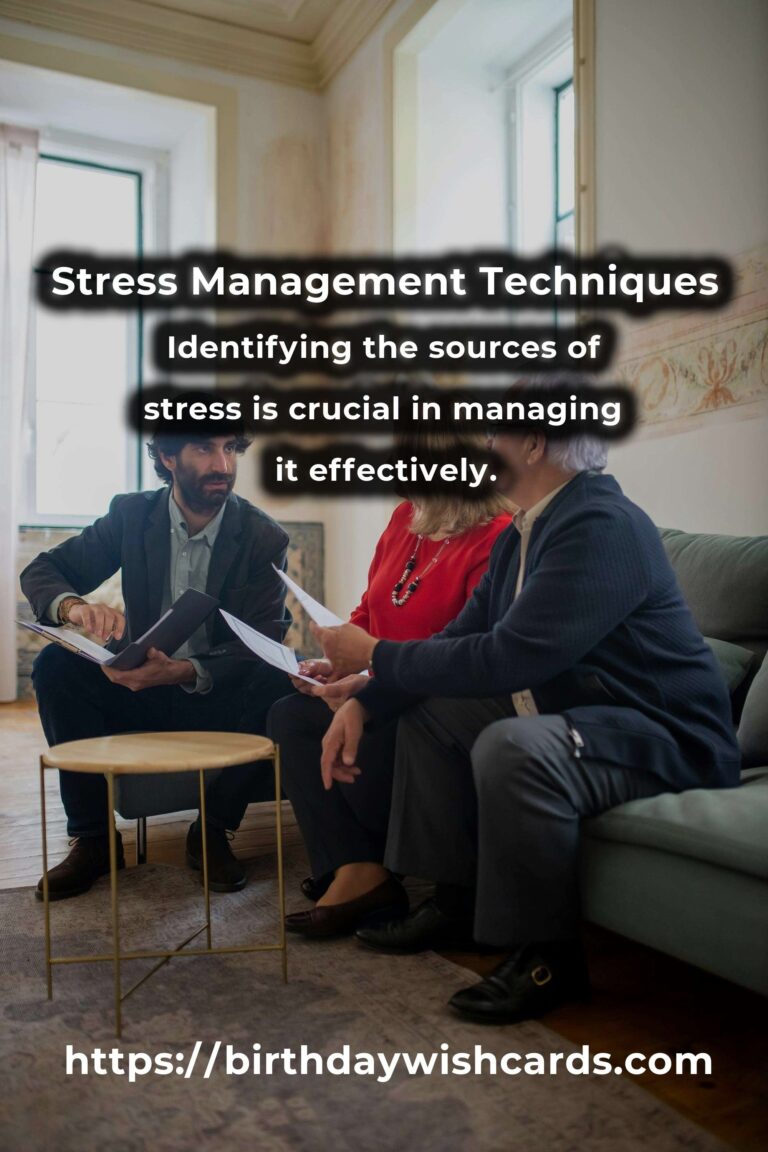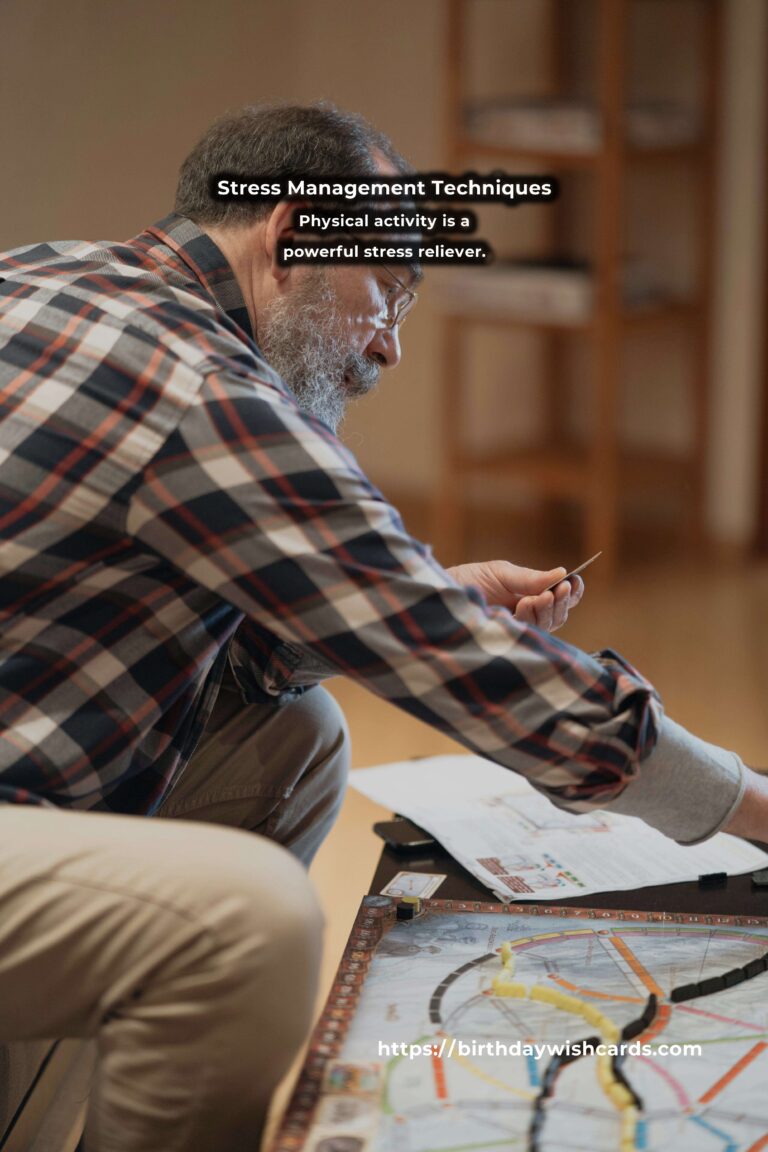
In today’s fast-paced world, stress is an inevitable part of life. Whether it’s work-related pressures, personal challenges, or global events, stress can creep into our daily lives, affecting our health and well-being. However, learning to manage stress effectively can make a significant difference in our lives. Here’s a comprehensive checklist to help you create effective stress management lessons.
Understanding Stress
The first step in stress management is understanding what stress is. Stress is the body’s natural response to challenges and changes, which can be both positive and negative. It can motivate individuals to meet deadlines or prepare for big events, but chronic stress can lead to health problems.
Identifying Stressors
Identifying the sources of stress is crucial in managing it effectively. Common stressors include work pressure, family responsibilities, financial concerns, and health issues. Encourage participants to keep a stress diary to track their stressors and identify patterns.
Developing Coping Strategies
Once stressors are identified, developing coping strategies is essential. This includes time management skills, setting realistic goals, and learning to say no. Introduce techniques such as deep breathing, meditation, and progressive muscle relaxation.
Incorporating Physical Activity
Physical activity is a powerful stress reliever. Encourage participants to engage in regular exercise, which can include walking, jogging, yoga, or dancing. Physical activity helps release endorphins, which improve mood and reduce stress.
Mindfulness and Meditation
Mindfulness and meditation are effective tools for stress management. Teach participants how to practice mindfulness by focusing on the present moment and reducing negative thinking. Meditation helps calm the mind and reduces stress levels significantly.
Diet and Nutrition
Diet plays a crucial role in stress management. Educate participants about the importance of a balanced diet rich in fruits, vegetables, whole grains, and lean proteins. Limiting caffeine, sugar, and alcohol can also help reduce stress levels.
Promoting Sleep Hygiene
Quality sleep is essential for effective stress management. Discuss the importance of sleep hygiene practices such as maintaining a regular sleep schedule, creating a relaxing bedtime routine, and ensuring a comfortable sleep environment.
Building a Support System
A strong support system can help individuals manage stress more effectively. Encourage participants to connect with friends, family, or support groups. Sharing feelings and experiences can provide relief and new perspectives.
Professional Help
Sometimes, professional help is necessary to manage stress effectively. Discuss the benefits of therapy and counseling, and provide resources for finding qualified professionals. Encourage participants to seek help if stress becomes overwhelming.
Regular Assessment and Adjustment
Stress management is an ongoing process. Encourage participants to regularly assess their stress levels and the effectiveness of their coping strategies. Adjustments may be necessary to address new stressors or changes in life circumstances.
By following this comprehensive checklist, individuals can develop effective stress management skills that improve their overall well-being and quality of life.
Stress is an inevitable part of life. Identifying the sources of stress is crucial in managing it effectively. Physical activity is a powerful stress reliever. Mindfulness and meditation are effective tools for stress management. A strong support system can help individuals manage stress more effectively.
#StressManagement #Wellbeing #MentalHealth #Mindfulness #CopingStrategies













